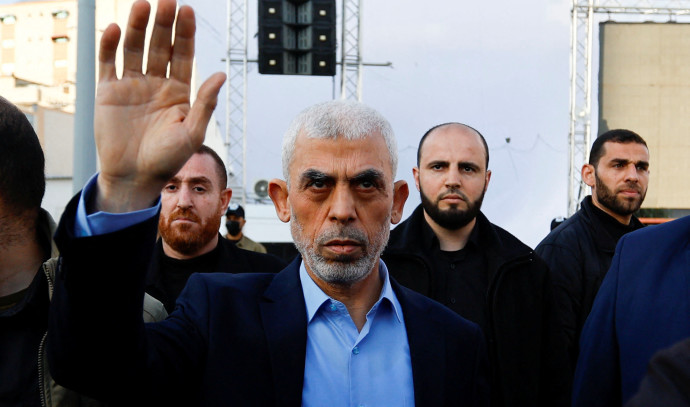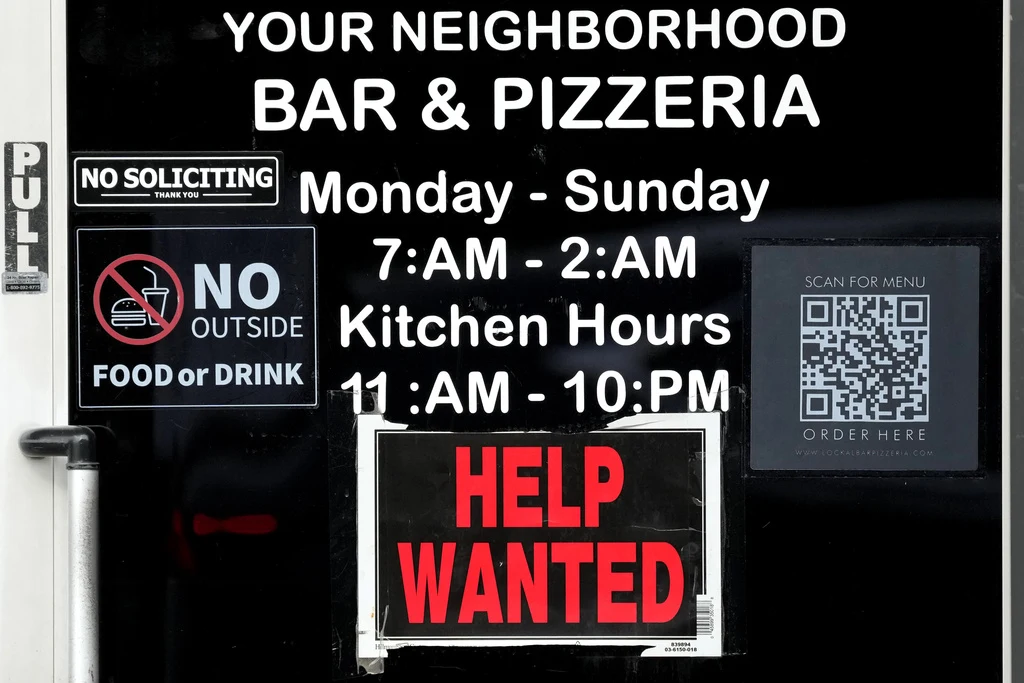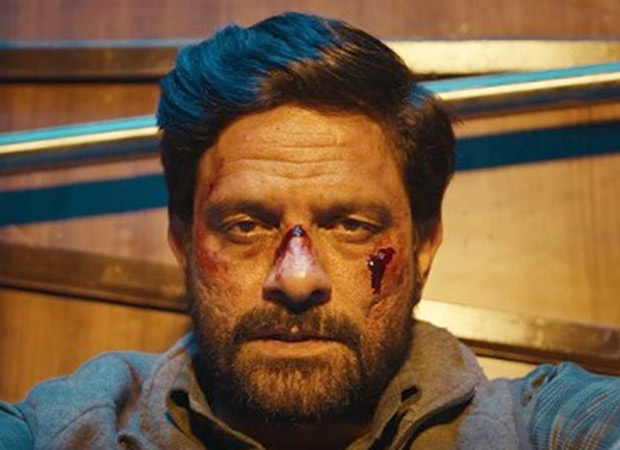A recent report at CNN said that “Egyptian intelligence quietly changed the terms of a ceasefire proposal that Israel had already signed off on earlier this month, ultimately scuttling a deal that could have released Israeli hostages and Palestinian prisoners.”
The report was met with anger in Cairo, and reports say that it indicated that it might end its role as a mediator in the hostage talks.
This is not the first time that we’ve seen reports where any critique of the “mediator” leads to threats to either end their role. Or critiques hint that the hostages could be harmed.
Doha has often responded with any critique of its hosting of Hamas or its role in similar types of threats. What does it say about the “meditators” that they are so sensitive to critique that they have been quietly putting their hands on the scales in favor of Hamas?
Building up to a Hamas lobby
The overall story here is that throughout these seven months of war in Gaza, and in the years leading up to October 7, there have been forces at work in the region that have amounted to a kind of Hamas lobby.
It’s important to distinguish the Hamas lobby from the direct support Hamas has received from countries like Iran. Iran openly backs Hamas and has said it wants to work with a number of proxies to unite fronts against Israel and destroy Israel.
Turkey, a NATO member, also backs Hamas but does not say it wants to destroy Israel. Countries such as Qatar, China, Russia, and others have not condemned October 7. Doha hosts Hamas leaders, but it says this is because the US asked Qatar to host Hamas back in 2012.
The Hamas lobby that has emerged is much more complex than was previously known. Hamas has been a terrorist group for decades.
Its leaders, such as Yahya Sinwar, began their careers as thugs in Khan Younis, murdering Palestinians they accused of “collaboration.” Hamas began as a combination of a kind of murderous mafia and religious organization with roots in the Muslim Brotherhood.
Through the Brotherhood, it had contacts around the region in the 1980s and 1990s, when the Brotherhood was very popular in many places.
However, the Brotherhood has also seen its networks eliminated in places like Egypt after 2013. The Hamas connection to this stream of political Islam has helped it with friends in Turkey, Qatar, and other places.
A Hamas lobby that will affect the West
This is also important in the West. There are networks of activists with links to NGOs that are basically fronts for the Brotherhood. As such, Hamas has a lobby that stretches across the West.
A lot of this was known before October 7. Hamas was backed by Iran for years. Hamas leaders lived in Qatar since 2012. Egypt had mediated between Hamas and other Palestinian factions and Israel for years.
Doha had transferred cash to Hamas-run Gaza via Israel for years. Whenever there were tensions in Gaza, such as in May 2021, activists in the West would be galvanized to support the Palestinian cause.
In many cases, this was a thinly veiled form of support for Hamas. In fact, in recent years, there has been a quiet attempt to move Western activism away from backing two states and the Palestinian Authority to back Hamas and “resistance” and one state.
However, there are actors in the current conflict that appear to have remained behind the curtain until now.
Russia surprised Israel with its apparent support for Hamas after October 7. Because of the Ukraine war, Moscow viewed the Hamas attack positively as a way to create trouble for the US and US partners.
China sees the war the same way, and China’s backing of Palestinians has rapidly increased in recent years as Beijing has invested more in Tehran.
Egypt’s role is now in the spotlight. What did Egypt know about smuggling to Hamas? How did Hamas stockpile so many weapons despite supposedly being under blockade?
More difficult questions need to be asked about why Egypt didn’t want Israel operating in Rafah and what was done during the hostage talks that dragged them out and may have misled Israel.
For instance, why was Israel pressured to move to a lower-intensity war in Gaza and pause fighting for Ramadan? Was this really a US request, or was it based on Doha and Cairo asking the US to ask Israel to pause the righting?
This essentially gave Hamas a ceasefire in March and April so that it could recover. Hamas didn’t change its stance at the hostage talks and refused to even hand over a list of living hostages.
Israel doesn’t seem to have pressed for the list, leaving questions about whether the hostages were the top priority for Israel’s leaders as well.
However, the overall picture that emerges is that Israel was played by Doha and Cairo in the talks.
The problem Israel faces is the immense lobby for Hamas behind the scenes. Hamas not only has its official backers and the fact it is hosted in Doha, a Western ally, and backed by Turkey, a NATO member, but Hamas also has partnerships with many NGOs.
It has members who have infiltrated NGOs that work in Gaza. It has also brought their silence through threats or other means.
This means that most NGOs, whether those who deal in food health or other forms of aid, never mention Hamas’s role in Gaza.
Hamas infiltrated hospitals and schools, and it is not critiqued by the NGOs. This is all part of a very complex lobby that makes Hamas very strong and hard to remove from Gaza.







